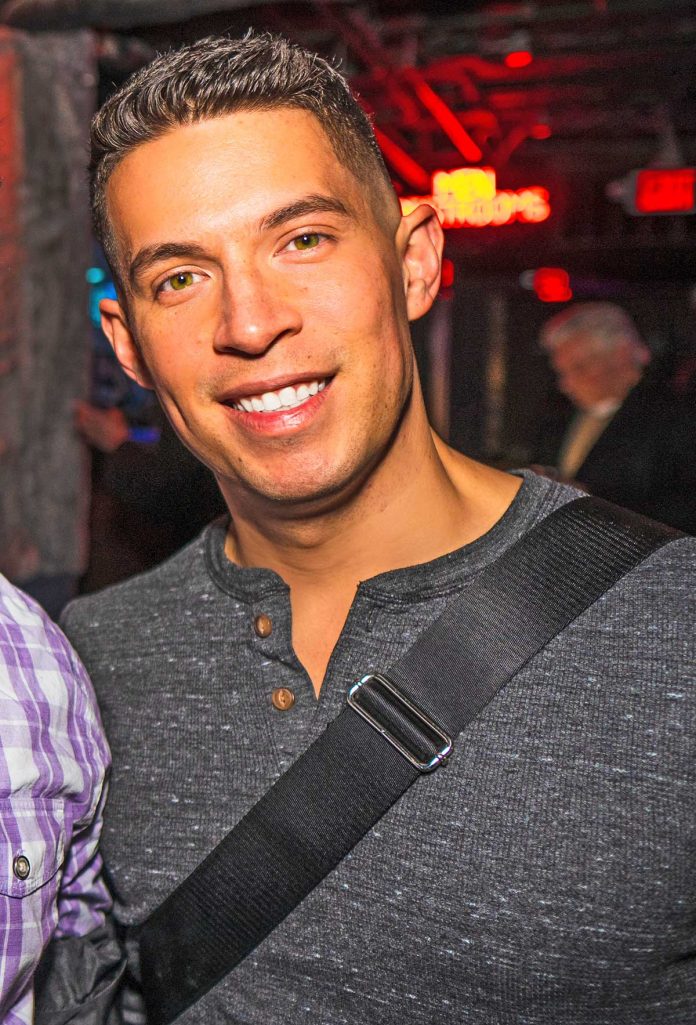As non-life-sustaining businesses have been closed for weeks now in order to slow the spread of the new coronavirus, many Americans are experiencing a loss of income, at least for the time being.
Pennsylvania has seen an influx of residents filing unemployment claims since state-wide cases of the virus started to escalate in mid-March. The Pennsylvania Department of Labor and Industry reports that 238,357 Pennsylvanians filed unemployment claims between April 5-11, bringing the total number of state claims filed from March 15-April 12 to 1,334,327.
On March 16, Philadelphia resident Michael Rios launched the website Queerantine, which serves as a virtual tip jar for LGBTQ+ people working in the service and/or performance art industries and have lost their income due to COVID-19. Bartenders, restaurant staff, DJs, drag performers and others are asking for help from community members via the website www.queerantine.me. Those seeking funds can add their name and payment info to the site, and those who wish to donate can search people by name or give to someone at random.
So far, Rios has had roughly 100 daily visits to the site, at first primarily from people who needed help financially. Recently, more people have been visiting the site to donate money, he told PGN. “Initially, the reaction from the community was very positive,” Rios said. “It was a little overwhelming at first, but in a good way.”
Philadelphia service industry workers listed on the site include those who have been furloughed from Bar X, Tavern on Camac, The Bike Stop, Jocks PHL (formerly Boxers PHL) and Toasted Walnut, to name a few, as well as local DJs and performers.
One such service worker is Tommy McNamee, who has been working for Tavern on Camac for 15 years. McNamee also performs in Philly as drag queen Crystal Electra.
“I think that it’s a wonderful initiative for [Michael] to have taken the time to do this for all of us who were literally employed one day and unemployed the next,” McNamee said. “A lot of restaurant industry people work day to day or paycheck to paycheck, so it was a huge blow for a lot of the people in our industry. Anything that anybody is sending us is greatly appreciated, and it makes our sense of community even better — that people are reaching out to all of their favorite restaurant staff and trying to help them out as much as they can in this time.”
Jeremy Adam, a 2015 Temple graduate, is a singer-songwriter and instrumentalist who performs in multiple groups in Philly including Ophelia the Band, and he works for a local children’s music company.
“I woke up one morning last weekend and had a Venmo from a random person that I didn’t know,” Adam said. “For it to just kind of come out of nowhere — it helps me a lot because I don’t have any work right now, and I’m waiting on unemployment. I know a lot of people are as well.”
Rios began Queerantine in Philadelphia and has since expanded to communities in Dallas, Austin and Washington D.C., he told PGN in a Facebook message. He launched the initiative in part because he has many friends that currently work in the service industry, or have done so in the past. He also wanted to find more of a streamlined way of connecting people in need of funds to those who are willing to donate them.
“I know there’s a lot of people across the country who have tried different methods of creating virtual tip jars,” he said. “Some people are using Google Docs or Google Sheets and just making them open so people can go in and access that information. Being a web developer myself, I thought, ‘Well maybe there’s an easier way to create a list of all these Venmo accounts.’”
Rios told PGN that when he first created the website, he hoped that the pandemic would subside in a few weeks, as would the need for people to give and receive donations. As of now, his goal is to keep Queerantine going for the duration of the quarantine.
“Queerantine has blown up in a couple weeks,” Adam said. “Every time that I see something posted about it somebody else is like, ‘Can we add this different industry of people that are also a part of this?’ or ‘Is there a way for me to help people get jobs?’ It’s now started an even larger conversation of how to help people through this time.”
Ask questions, get answers about COVID-19
